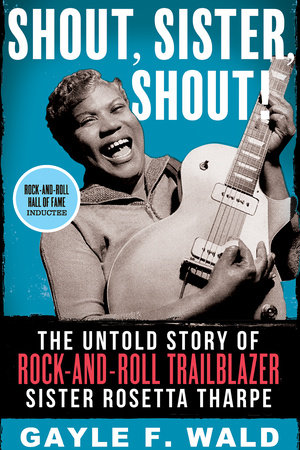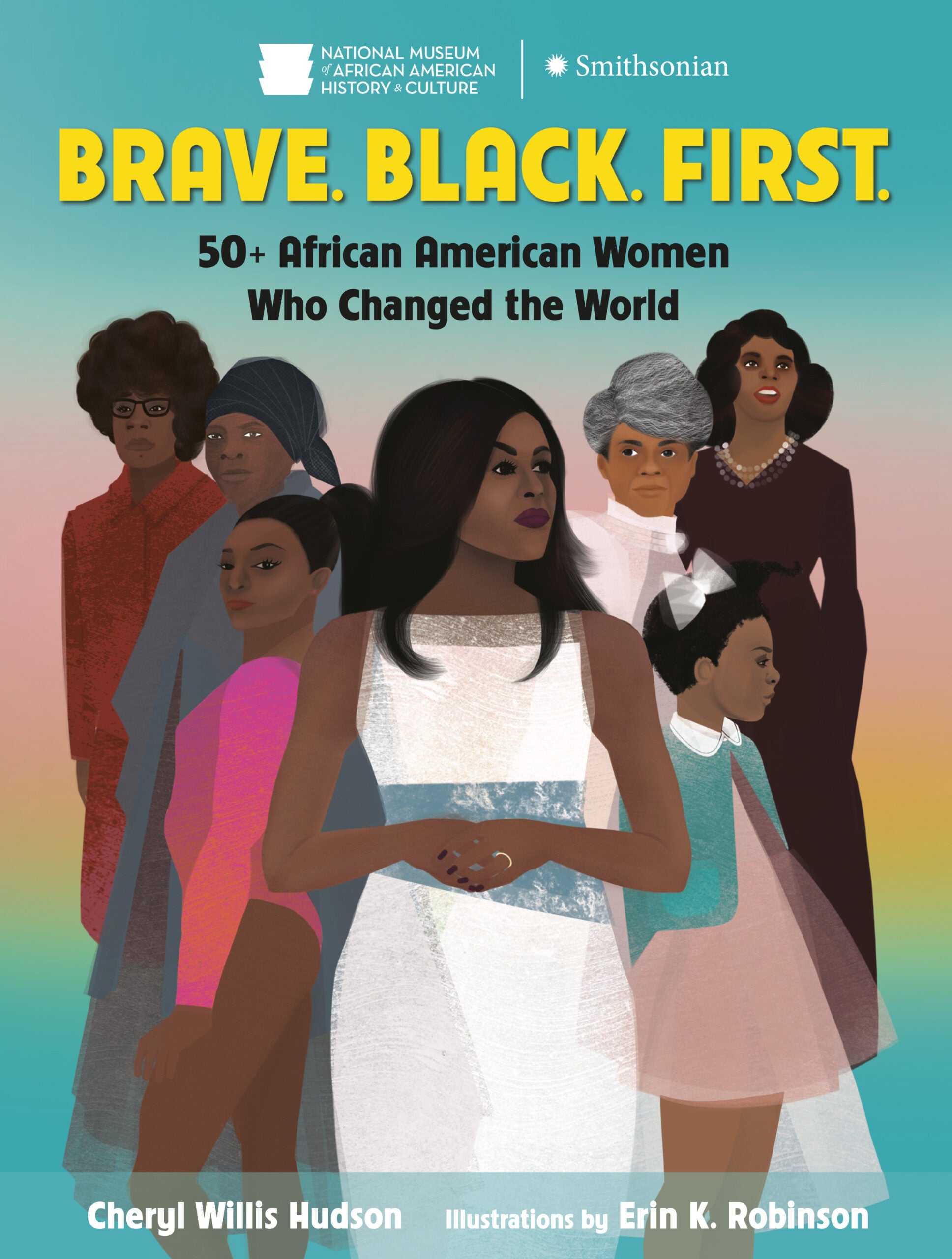Black Icons, Past and Present
Read more about Black icons who have made incredible impacts in politics, activism, art, entertainment, sports, literature, and more! These biographies and memoirs tell the authors’ stories in their own voices, which, in turn, invite readers to explore their own identities and pen their own points of view. With books for all ages, children and






